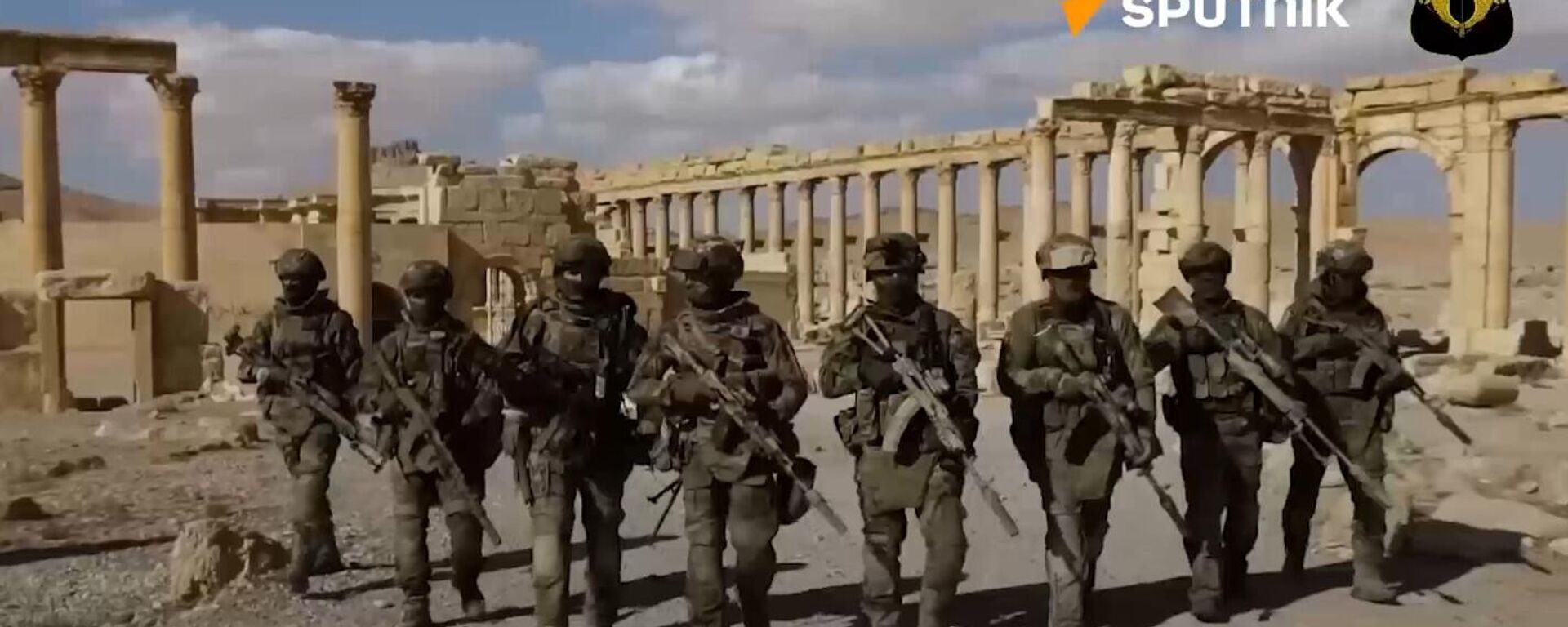Russia’s Special Operations Forces: Invisible Warriors Who Saved Crimea in 2014
14:30 GMT 27.02.2024 (Updated: 14:37 GMT 27.02.2024)
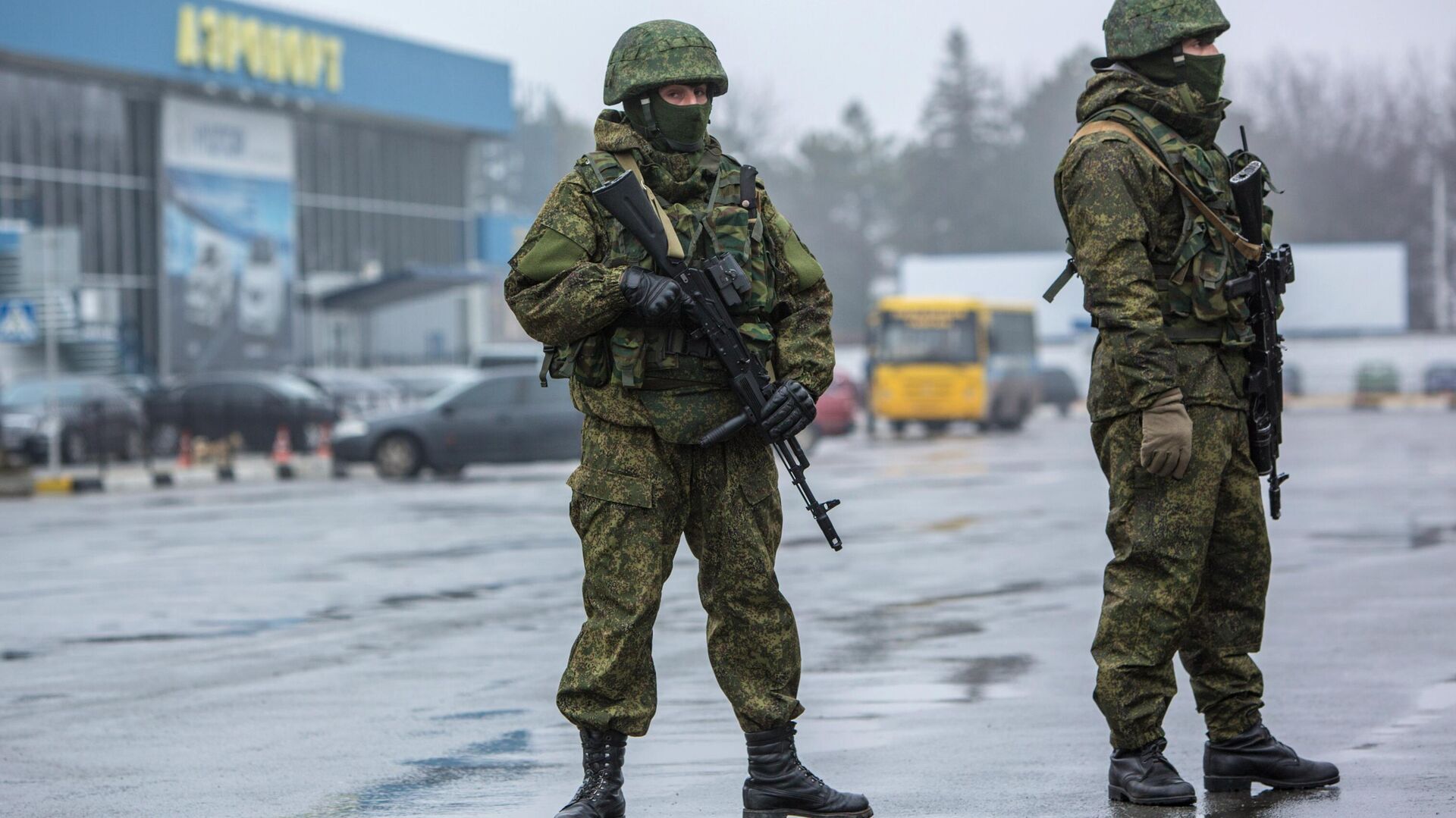
© Sputnik / Andrey Stenin
/ Subscribe
Tuesday is Special Operations Forces Day, the professional holiday of the high-readiness, high-mobility, specially trained and equipped troops reporting to the chief of the Armed Forces General Staff and tasked with carrying out the most complex and difficult missions and covert operations, both in peacetime and in times of war.
On the morning of February 27, 2014, five days after the victory of the Euromaidan coup, amid warnings by ultranationalist thugs in Kiev of plans to send a “train of friendship” to Crimea to teach local residents a “lesson” about protesting the new government, mysterious ‘little green men’ in unmarked uniforms began appearing on the peninsula, securing administration buildings and various critical infrastructure.
Crimea’s authorities, besieged in the Supreme Council building in Simferopol by local Maidan supporters, breathed a sigh of relief after the mystery troops’ arrival, gaining the confidence to continue governing, and ultimately organizing a referendum on the peninsula’s future – whether to remain part of the new, post-coup Ukraine, or break off and return to Russia.
It was troops from Russia’s Special Operations Forces (SOF), together with Russian Military Intelligence Spetsnaz units and other elite formations, that carried out the unprecedented operation to secure Crimea, doing so over three days between February 27 and March 1, and all without firing a single shot.
SOF troops got help from Crimea’s Berkut special police forces, and from self-defense militias created in the coup’s aftermath, with anti-Maidan activists and ordinary residents gathering to express their support for the mysterious ‘polite people’ in uniform, who got their reputation for the courtesy and respect they showed to locals, taking selfies, accepting food, but not interfering with civilian life, and shying away from media interviews.
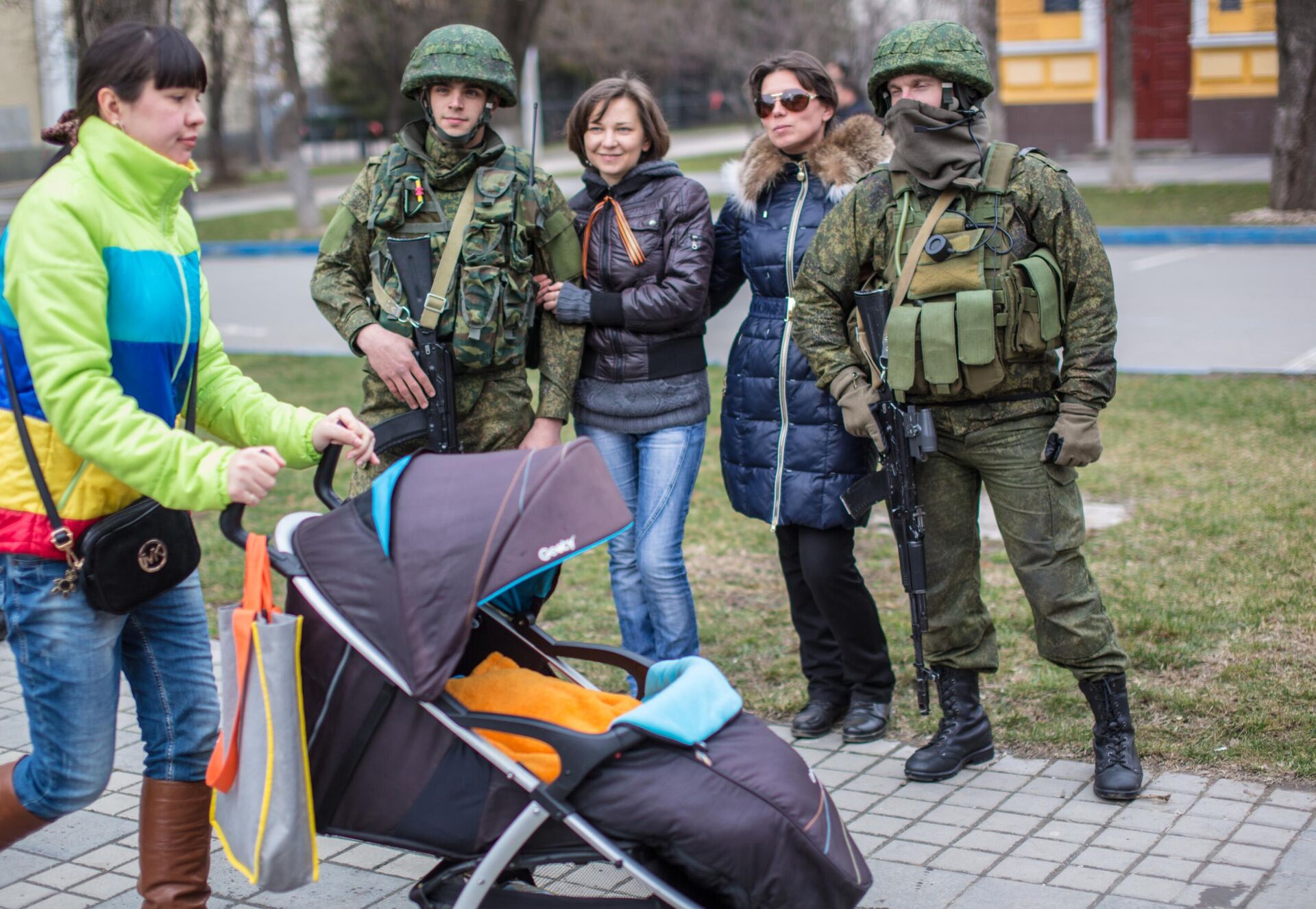
Simferopol residents pose with troops, March 1, 2014.
© Sputnik / Andrey Stenin
/ The allegiance of the ‘little green men’ was finally revealed publicly in mid-March 2014, when, on the day that Crimea’s status referendum was held, President Putin confirmed that Russian military forces had entered the peninsula and helped “provide conditions for free expression” for the plebiscite.
In honor of their professionalism and valor, Putin in 2015 decreed February 27 Special Operations Forces Day, with the new holiday referred to publicly as ‘Polite People Day’ in honor of the SOF’s critical role in Crimea.
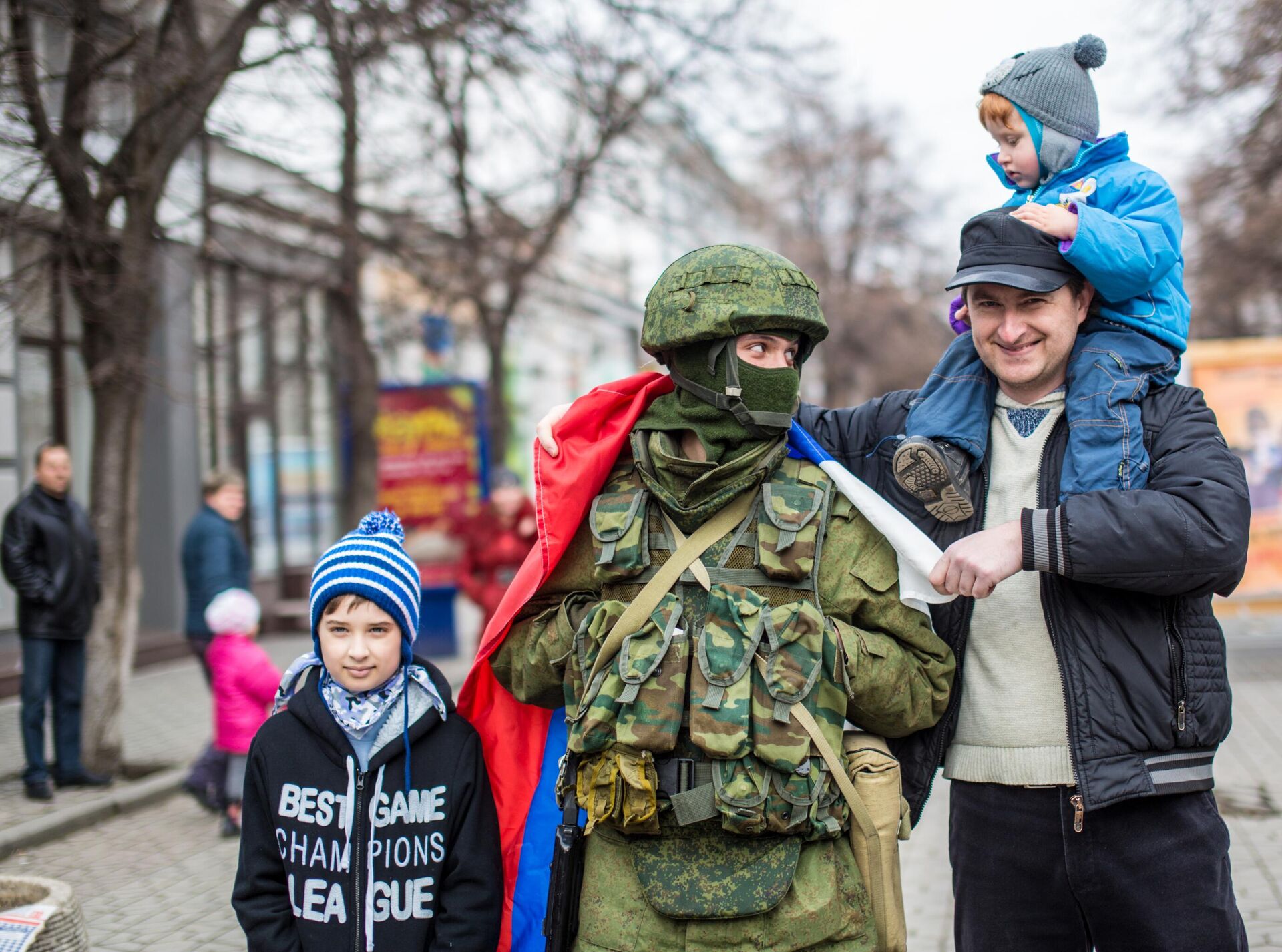
Residents of Simferopol pose with trooper in Crimea, March 1, 2014.
© Sputnik / Andrey Stenin
/ Russia’s Do-It-All Spec Ops Troops
A Special Operations Directorate subordinated to the chief of General Staff of Russia’s Armed Forces was formally established in 2009 amid the large-scale, painful reform of the Russian military, envisioned as a means to reducing the military’s size while tightening up its operational capabilities. Veteran troops from the GRU Spetsnaz were tapped to assist the training of recruits for the SOF – selected exclusively from contract units, with the SOF setting up operations at the Senezh Special Purpose Center outside Moscow, and at additional specialized training centers created in the years that followed.
Chief of General Staff Valery Gerasimov formally revealed the creation of the SOF almost exactly one year before the events in Crimea. Gerasimov told foreign military attaches in Moscow in March 2013 that “having studied the practice of forming, training and using special operations forces of leading world powers, the leadership of Russia’s Defense Ministry has also begun to create them…A set of guiding documents has been created determining the directions of development, methods of training and use of these forces.”
The MoD’s encyclopedia defines special operations troops as “specially designated, organized, trained and equipped forces that use methods of combat operations not typical for conventional forces (reconnaissance and sabotage, subversion, counter-terrorism, counter-sabotage, counter-intelligence, partisan, anti-partisan and other actions).”
When it comes to the SOF troops specifically, their missions and capabilities include:
Reconnaissance and sabotage, including collection of information and the destruction of important enemy targets behind the lines.
Counter-terrorism, including preventing and suppressing acts of terror, freeing hostages, and conducting covert missions to eliminate terrorist leaders and groups.
Ensuring the safety of individuals, facilities and locations in difficult conditions – like providing security at the Olympics in Sochi, or ensuring President Putin’s security during his visit to Khmeimim Air Base in late 2017.
Special operations at sea and in the air, from the seizure or release of ships, to anti-piracy and smuggling missions.
Since their existence to the world was revealed to the world a decade ago, SOF troops have become an important, if often silent, component of Russia’s military, ensuring security at home and projecting power abroad.
Engaging Somali pirates on the horn of Africa and assisting with counterterrorism operations in the Russian Caucasus in the early-to-mid 2010s, the SOF would face its biggest challenge to date beginning in the fall of 2015, when its units would deploy to Syria to assist government troops against an onslaught of terrorist groups (sponsored by the US and their allies).
In the Arab Republic SOF troops worked on the ground directly behind the lines in terrorist-held areas providing reconnaissance and guidance to Russian aircraft conducting precision strikes, and taking part in raging street battles to liberate Aleppo, Syria’s second city, in 2016. SOF troops were involved in offensive operations and defensive battles in Latakia, Palmyra, Raqqa, Homs, Hama, Idlib and the suburbs of Damascus, with the nature of their work only occasionally reported on by the military or Russian and foreign media.
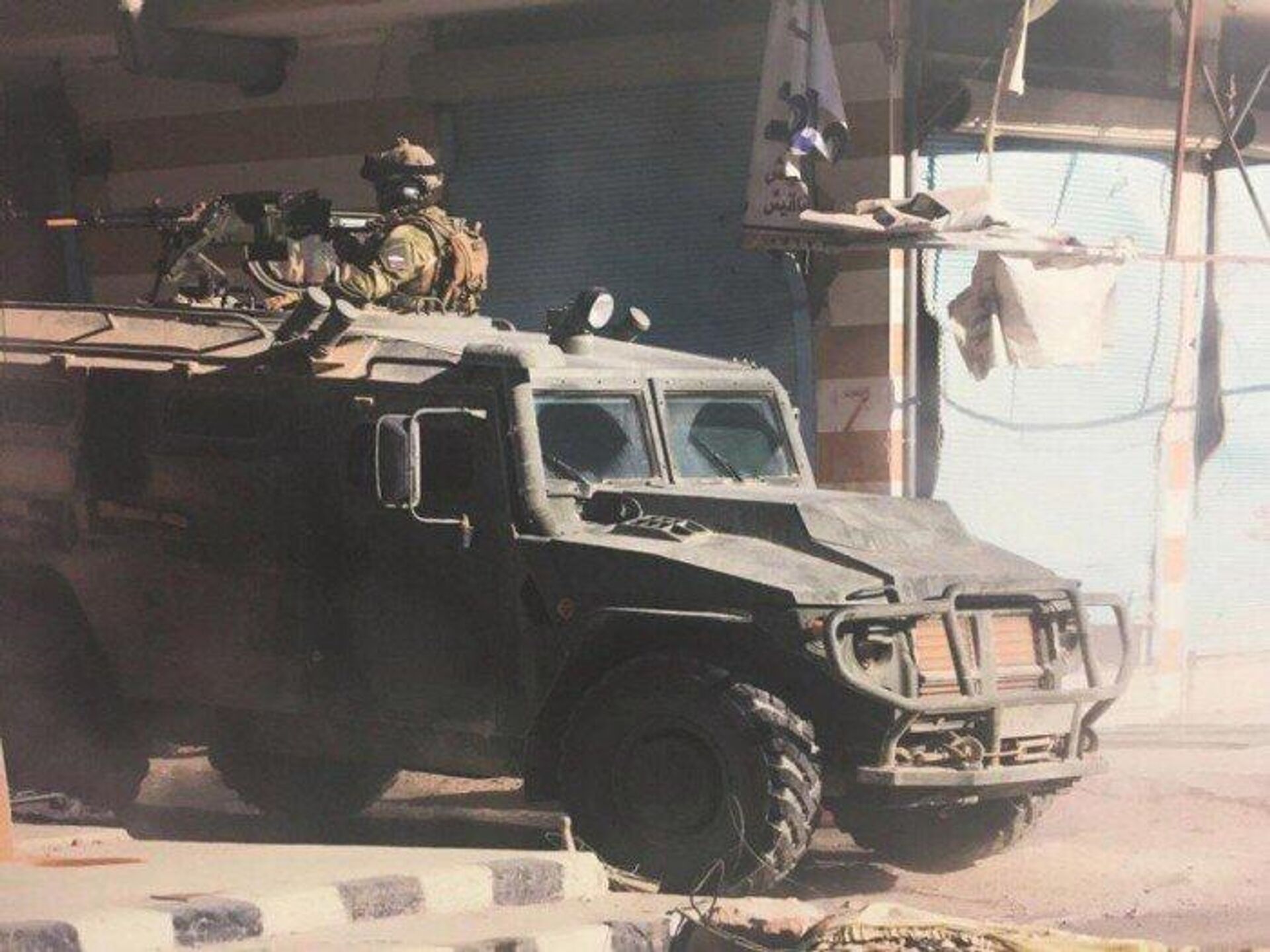
Russian SOF troops operating in Syria.
© Photo : Russkaya vesna
In the spring of 2017, SOF troops in Aleppo province proved their status as one of the best special forces in the world, with a group of 16 SOF soldiers getting into a firefight with as many as 300 jihadists that lasted nearly 48 hours, beating the terrorists back, holding the line and facilitating friendly air strikes, all without suffering any losses. The commander of the group was awarded a Hero of Russia medal, with three other troopers receiving other state awards.
Their reputation forged in battles in Syria and operations in the Caucasus and the Gulf of Aden, SOF units were thrown into battle from the earliest days of the Ukrainian conflict, with their mission remaining the same: reconnaissance and sabotage behind enemy lines.
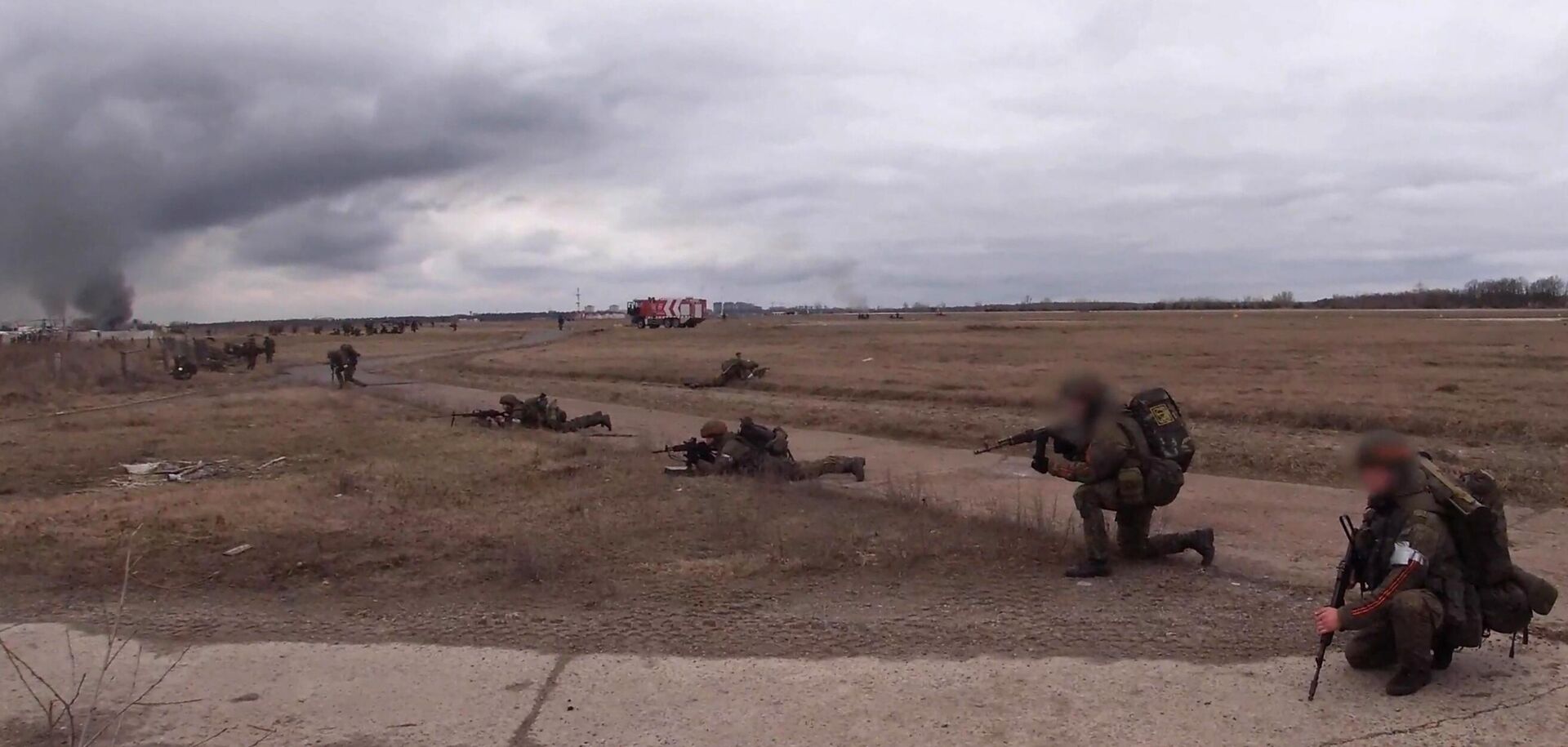
Russian special forces troopers operating in Gostomel Airport during first days of the Special Military Operation in Ukraine. Russia agreed to withdraw from the Kiev region to facilitate a peace deal, which Ukrainian President Volodymyr Zelensky reneged upon on the advice of the West.
© Photo : press service of the Russian Defense Ministry
/ “We will continue to strengthen the Special Operations Forces, to increase their mobility and strike potential, and equip them with a new generation of weapons,” President Putin said in a congratulatory message to the Special Operations Forces troops on Tuesday.
“Special words of gratitude are in order to the soldiers who have participated in the special military operation. In the most dangerous areas, on the front lines, deep behind enemy lines, in raids and rapid strikes, you carry out your assigned tasks with honor, act boldly, competently and decisively,” the president said.
“The decision to create [the SOF] was dictated by time, the need to effectively respond to new challenges,” Putin said, noting that the elite troops “have proven in practice that they are ready to stand up immediately after being ordered to defend the Motherland and Russia’s national interests anywhere in the world.”
“You defended the inhabitants of Crimea and Sevastopol from the threats of nationalists and killing squads, brilliantly showed yourselves in the fight against terrorism in Syria, and today are demonstrating examples of heroism and courage in battles in neo-Nazis,” Putin said, thanking troops and veterans for their service.

